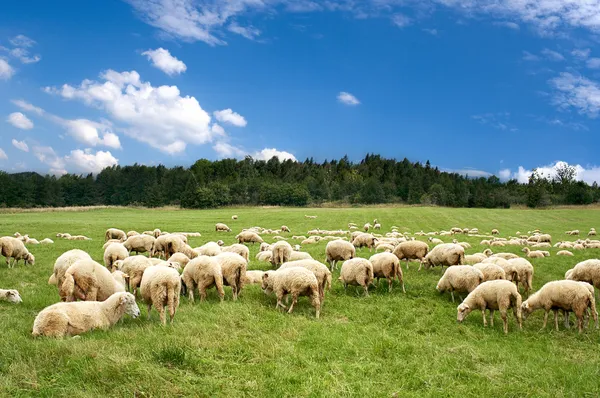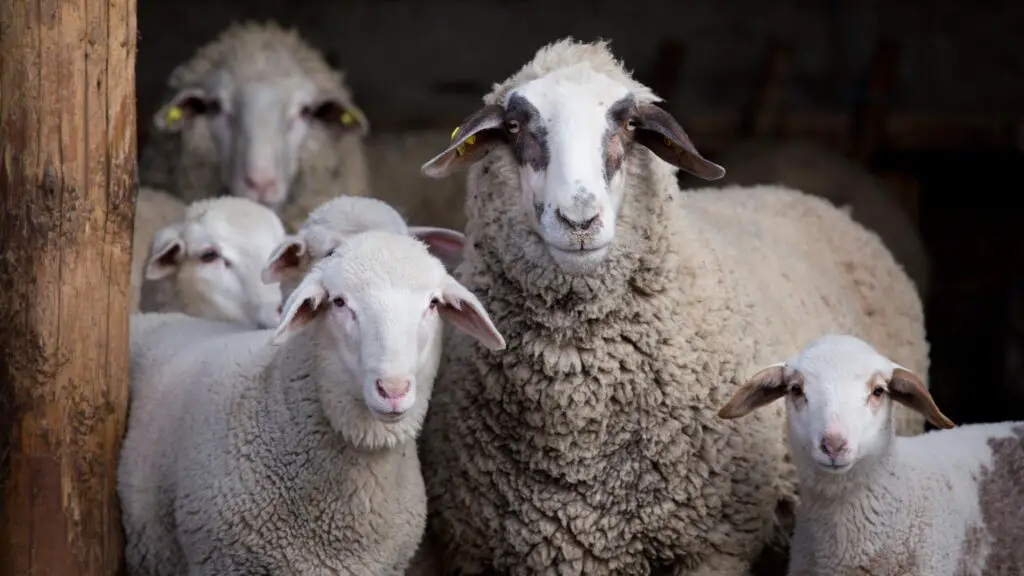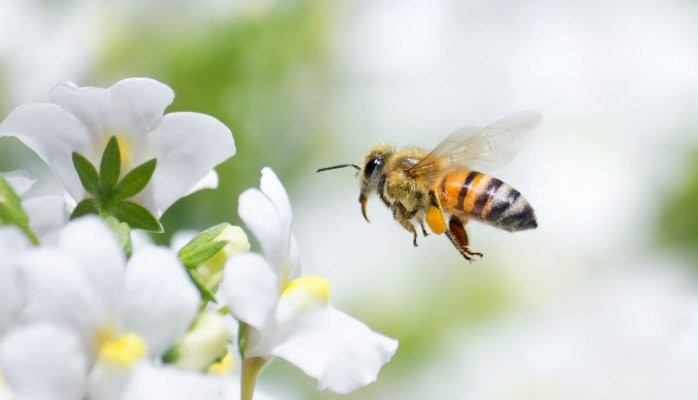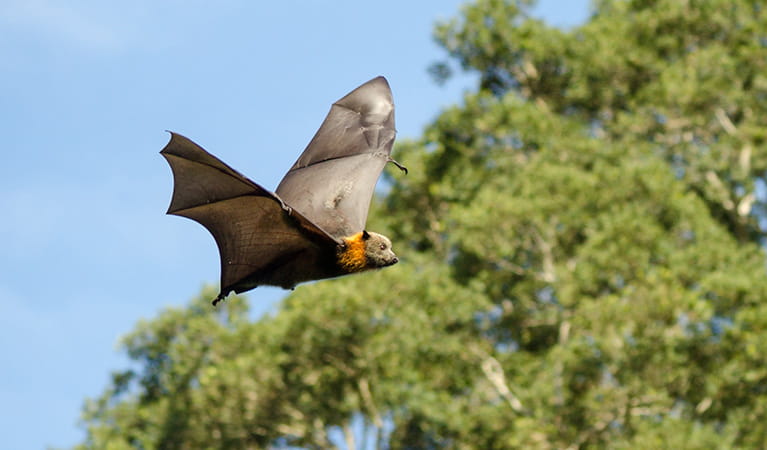Fascinating Facts About Sheep: More Than Just Wool Producers
Sheep have been part of human history for thousands of years, providing us with wool, milk, and even companionship. But did you know that these gentle animals are far more interesting than they may seem? Sheep possess unique traits and abilities that make them fascinating members of the animal kingdom. Let’s dive into some surprising and fascinating facts about sheep!

1. Sheep Are Incredibly Intelligent
Sheep are often underestimated when it comes to intelligence, but studies have shown that they are highly intelligent animals. They have excellent memories and are capable of recognizing up to 50 individual faces—both sheep and human faces—for years. This incredible ability helps them form strong social bonds within their flocks, and they can even recognize the emotional expressions of their fellow flock members.
2. Sheep Have a Strong Sense of Smell
One of the most remarkable traits of sheep is their keen sense of smell. They have scent glands located in front of their eyes and on their feet, which help them communicate with other sheep and mark their territory. This highly developed sense of smell also allows sheep to detect predators from a great distance, making them more alert and aware of their surroundings.
3. A Lamb Can Walk Minutes After Birth
Lambs are born with a remarkable ability—they can stand and walk within minutes of being born! This is crucial for survival in the wild, as it allows them to follow their mothers and find food. Lambs also develop strong bonds with their mothers immediately after birth, recognizing their voices and scents, which helps them stay close for protection and nourishment.
4. Sheep Have Wide Peripheral Vision
Sheep have large, rectangular pupils that give them a wide field of vision—almost 360 degrees! This allows them to see predators approaching from nearly any direction without having to move their heads. However, despite this wide vision, they have a blind spot directly in front of their faces, which is why they sometimes appear cautious when approaching objects or people head-on.

5. Sheep Are Excellent Climbers
In many parts of the world, such as the Scottish Highlands and the Alps, sheep are known for their incredible ability to climb steep and rocky terrain. Their hooves are specially designed to provide grip on uneven surfaces, allowing them to forage for food in areas where other animals cannot reach. This adaptability helps them survive in various environments, from mountains to meadows.
6. Sheep Can Recognize Human Voices
Not only can sheep recognize faces, but they also have an impressive ability to recognize human voices. Sheep that are familiar with their caretakers can differentiate between their voices and those of strangers. This trait further demonstrates their intelligence and capacity for building relationships with humans. Sheep can even learn to follow voice commands, making them trainable like dogs in certain circumstances.
7. Sheep Have Been Domesticated for Over 10,000 Years
Sheep are one of the first animals to have been domesticated by humans, dating back to 10,000 years ago. They were originally domesticated for their wool, milk, and meat. Over time, selective breeding has led to the creation of various sheep breeds that provide high-quality wool and other products. Today, there are more than 1,000 different breeds of sheep worldwide, each adapted to different environments and purposes.
8. Sheep Can Form Friendships
Sheep are highly social animals and form strong bonds with other members of their flock. In fact, they are known to have “best friends” and will often spend time with specific individuals. When separated from their preferred companions, sheep can become stressed and anxious. This social nature is one of the reasons why sheep are often kept in groups—flocking behavior provides them with a sense of safety and comfort.
Conclusion
From their intelligence and strong social bonds to their incredible abilities in navigating rugged terrains, sheep are far more complex creatures than most people realize. As one of the earliest animals to be domesticated by humans, they have played a vital role in our history and continue to be a fascinating and valuable part of the world’s biodiversity. The next time you see a flock of sheep grazing peacefully, remember—they’re not just woolly creatures but highly intelligent and adaptable animals with their own personalities and friendships.
This blog is optimized with keywords like “fascinating facts about sheep,” “sheep intelligence,” and “sheep social behavior” to ensure it appeals to readers interested in animal behavior and agriculture.






